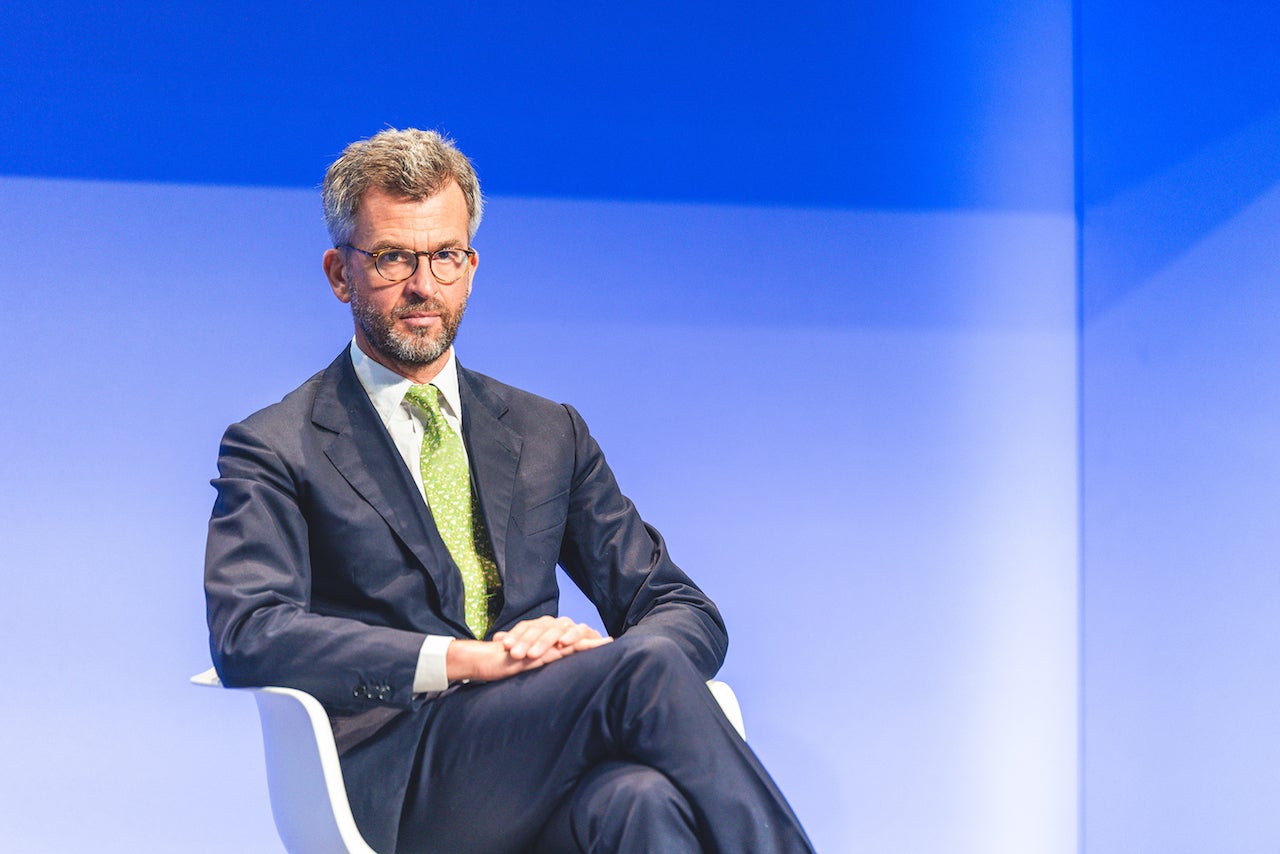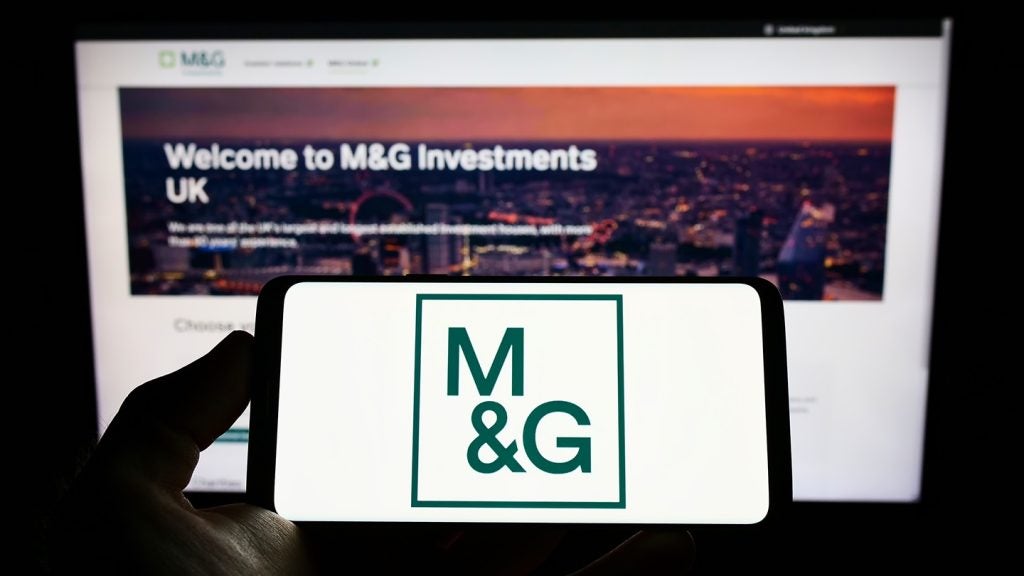
Arrving in the UK in 2017, is Fineco Bank, the digitally-centric challenger that could prove the Monzo of the private banking world?
Fineco is an Italian bank which expanded into the UK market in 2017 as a digital-only challenger.
Launched 20 years ago as an online trading service, Fineco moved into banking services a year and a half later after, and now boasts around 1.3 million clients.
Fineco has historically existed as a holding of UniCredit, Italy’s largest bank by assets. However, the two companies have recently parted ways and now Fineco’s retains full independence after a wider restructuring.
Offering digital-centric banking services, as well as trading and investment, Fineco could be described as a combination of Monzo, IG and Hargreaves Lansdown.
PBI’s Jamie Crawley spoke to Fineco head of global business, Paolo di Grazia, at their offices in London to find out more.
How well do you really know your competitors?
Access the most comprehensive Company Profiles on the market, powered by GlobalData. Save hours of research. Gain competitive edge.

Thank you!
Your download email will arrive shortly
Not ready to buy yet? Download a free sample
We are confident about the unique quality of our Company Profiles. However, we want you to make the most beneficial decision for your business, so we offer a free sample that you can download by submitting the below form
By GlobalDataJC: How would you describe the service that Fineco provides?
PG: I would say the strength of Fineco in Italy is the ability to create a single account for banking, trading and investing services: a “one-stop” solution for all financial needs.
I do not think there is anything similar to this in Europe. You would have to go to the US – maybe Charles Schwab – to find something similar to our model.
I think the multi-currency account is our main selling point. In the UK, we see a lot of clients coming to us because they have property abroad or travel frequently and they need to make payments in the local currency.
Our mobile app is extremely user-friendly. It enables clients to make instant payments from the UK to the rest of Europe, change the amount that can be spent on their credit or debit card and view a breakdown of their total portfolio – stocks, mutual funds, currencies, cash, liquidity.
We have also incorporated a feed from Reuters so clients can view news and events that are relevant to their investments and trading.
JC: How are you tailoring your investment platform for the UK?
PG: We offer bonds, stocks, ETFs, CFDs, options and other structured products and we are launching a stocks and shares ISA.
In Italy, we have more than 6000 mutual funds from the major providers on our platform, which we will be replicating in the UK.

JC: Would you describe yourselves as a challenger bank?
PG: Here in the UK, absolutely. Our competitors are traditional banks, and we’re attempting to attract clients by being more than a single product. However, we’re not just a fintech; we are a full fledged bank with a full services offering.
And so that is why people tend to be attracted to us. What Fineco provides is similar to what incumbent banks offer, but we do so in a very innovative and new way. It is very simple to use, with extremely fair pricing for trading and brokerage.
A lot of other challenger banks and fintechs are still quite far away from being profitable, which is a problem. We could certainly be described as a fintech challenger in the UK, but the difference is that we have been around for 20 years and we are profitable.
JC: What sort of clients do you expect Fineco to appeal to in the UK?
PG: In Italy, we started as a brokerage firm, and then moved into banking services. And now, we are among the biggest private banks in Italy in terms of assets under management. Of course, here it is a different story, as we’re starting from scratch without physical branches.
We are not setting a minimum amount clients need to have to open an account with us (we never did that in Italy). We want our clients to be free to just open the account and see how it works. However we expect mainly to attract people who have a sizeable amount of money and wish to make full use of the different services we provide.
We see people coming to us because they have properties or other assets abroad. When we started here a year and a half ago, the majority of our clients were expats, mainly Italians, but now 75-80% of our account-holders here British.
JC: Are you concerned that Open Banking or PSD2 could dilute your USP? Say, if fintechs start pooling together the banking, investing and trading accounts that clients possess with different providers in one place?
PG: It’s quite difficult to say. We’re totally PSD2-ready, but, honestly, I don’t see a great
powerful aggregator that could aggregate banking, trading and investing. I think it is more likely we will see tools to make reporting, for tax returns and so on, easier.







